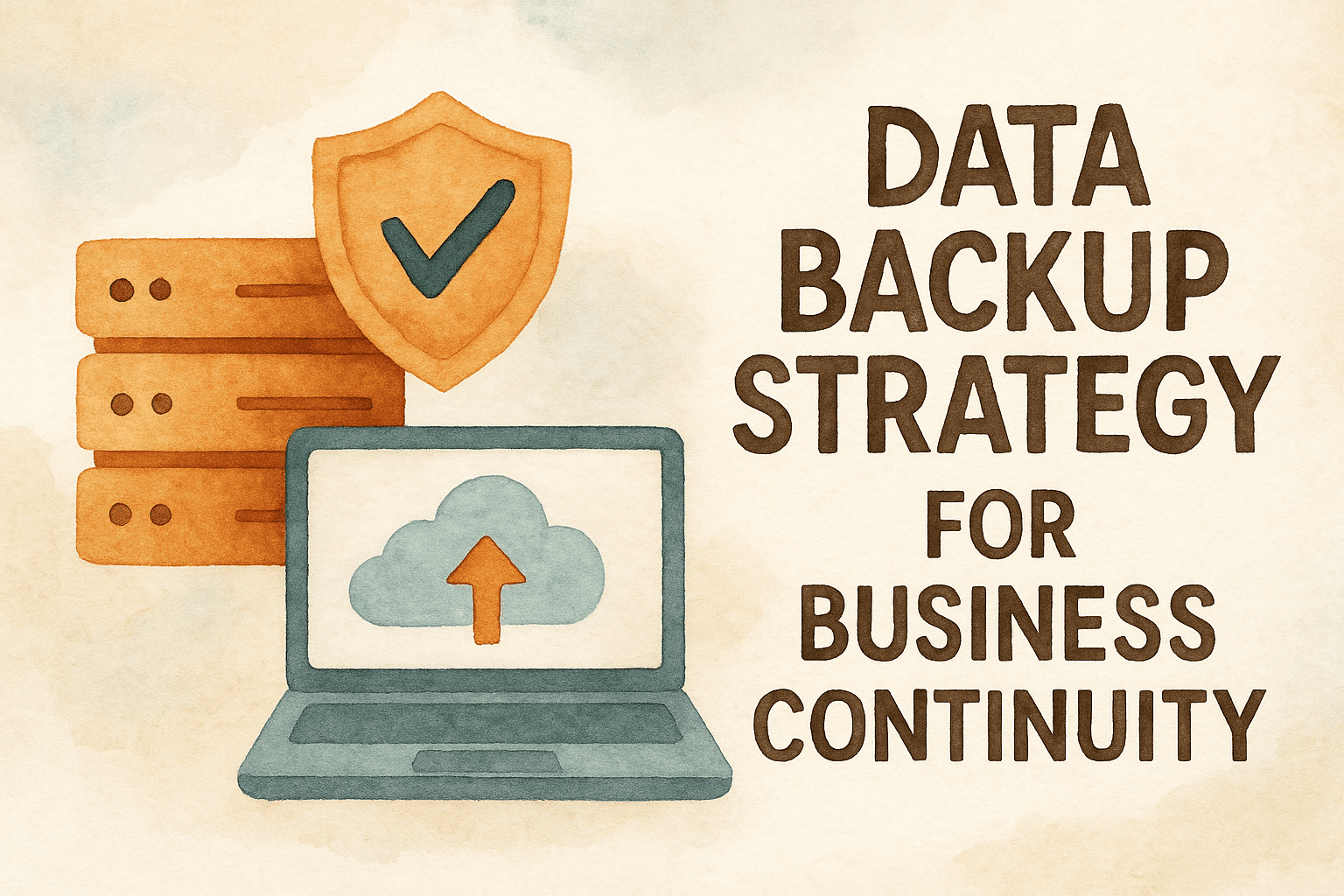Project Management Tools for Scaling Teams
Updated:
January 14, 2025
9 minutes
The Chaos of Unmanaged Growth
Without a centralized project management system, a scaling eCommerce business can quickly descend into chaos. Some of the common problems that arise include:
• Missed deadlines: When there is no clear plan or accountability, deadlines are often missed. This can lead to a domino effect of delays that can impact your entire business.
• Poor communication: When communication is scattered across email, chat, and spreadsheets, it is easy for important information to get lost. This can lead to misunderstandings, rework, and frustration.
• Lack of visibility: When there is no single source of truth for your projects, it can be difficult to get a clear picture of what is going on. This can make it difficult to identify and address problems before they become major issues.
• Decreased productivity: When your team is constantly switching between different tools and trying to piece together information, their productivity will suffer.
Choosing the Right Project Management Tool
There are a wide variety of project management tools available, each with its own strengths and weaknesses. The right tool for your business will depend on a variety of factors, including your team size, your budget, and your specific needs. Here are some of the most popular project management tools for eCommerce businesses:
• Asana: Asana is a popular project management tool that is known for its ease of use and its powerful features. It is a good choice for teams of all sizes.
• Trello: Trello is a simple and visual project management tool that is based on the Kanban methodology. It is a good choice for small teams and for managing simple projects.
• Jira: Jira is a powerful project management tool that is designed for software development teams. It is a good choice for eCommerce businesses with a strong technical focus.
• Monday.com: Monday.com is a flexible and customizable project management tool that can be adapted to a wide variety of workflows. It is a good choice for teams that need a high degree of flexibility.
Key Features to Look for in a Project Management Tool
When you are evaluating project management tools, there are a number of key features to look for:
• Task management: The tool should allow you to create, assign, and track tasks. It should also allow you to set deadlines, add comments, and attach files.
• Project planning: The tool should allow you to create project plans, set milestones, and track your progress.
• Collaboration: The tool should allow you to collaborate with your team members in real-time. This should include features such as comments, @mentions, and file sharing.
• Reporting and analytics: The tool should provide you with a variety of reports and analytics that will help you to track your progress, identify bottlenecks, and make data-driven decisions.
• Integrations: The tool should integrate with the other tools you use, such as your eCommerce platform, your CRM, and your accounting software.
Implementing Your Project Management Tool
Once you have chosen a project management tool, the next step is to implement it. A successful implementation will require careful planning and execution. Here are the key steps involved:
• Get buy-in from your team: The first step is to get buy-in from your team. You should explain why you are implementing a new project management tool and how it will benefit them.
• Start small: Don't try to boil the ocean. Start by using the tool for a single project or a single team. This will allow you to work out the kinks and to get some early wins.
• Provide training: You should provide your team with training on how to use the new tool. This will help them to get up to speed quickly and to get the most out of the tool.
• Establish clear guidelines: You should establish clear guidelines for how the tool should be used. This will help to ensure that everyone is on the same page and that the tool is used consistently.
• Get feedback and iterate: You should regularly get feedback from your team on how the tool is working and you should be willing to make changes to your process as needed.
Conclusion
A project management tool is an essential investment for any scaling eCommerce brand. By choosing the right tool, by implementing it effectively, and by establishing clear guidelines for its use, you can drive growth, improve collaboration, and keep your business on track for success.

